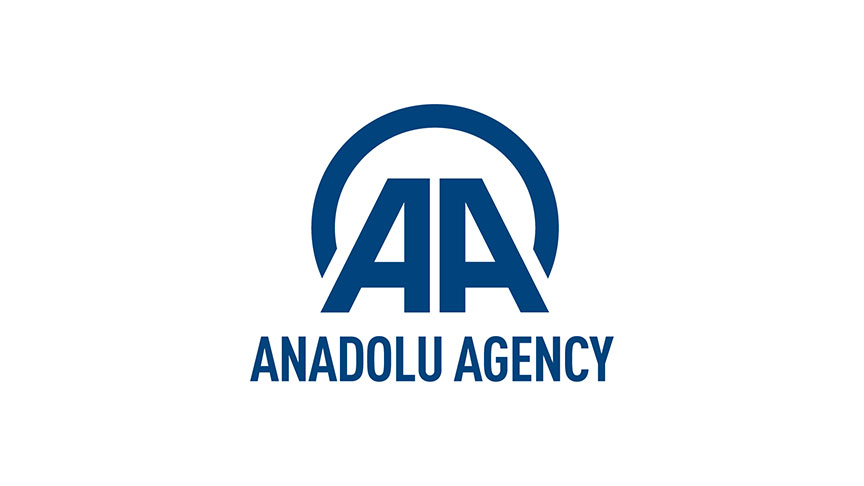- European visa free travel issues
The EU is endeavoring to end visa free travel for U.S. visitors to Europe. Conversely, most EU citizens are able to travel to the U.S. without a visa. However some EU states which do not have this visa-free privilege; Poland, Croatia, Bulgaria, Cyprus and Romania are pressuring Brussels to act on this subject. The U.S. was to instigate a visa-free regime over two years beginning in 2014, however the U.S. insists that some EU countries have not met the necessary requirements for visa-free travel.
The European Commission is to continue with plans to grant visa free regime for citizens of Ukraine.
- Corporate tax avoidance proposal
The European Commission is to present a proposal to tackle corporate tax avoidance. The proposal will force big firms to disclose how much tax they pay in each EU country.
- European Parliament’s plenary session agenda
The European Parliaments Plenary Sessions takes place in Strasburg where the Parliament formally sits to vote on EU legislation and adopt its position on political issues. This week’s agenda for the plenary includes the crisis in the agricultural sector, counterterrorism following the recent terrorist attacks, effectiveness of existing measures against tax evasion and money laundering in light of the recent Panama papers revelations, minimum standard rate for VAT, the decision adopted on public tax transparency and use of Passenger Name Record data (PNR).
- Merging of healthy eating habits schemes at schools
The European Council adopted a new regulation aimed at promoting the consumption of milk, fruits and vegetables in schools. The new scheme will have an overall yearly budget of ��250 million. The EU financial aid for the supply of selected agricultural products to children in educational establishments seeks to promote healthy eating habits and the consumption of local products. The school fruit and vegetables scheme and the school milk scheme are currently separate programs, however, the new regulation will merge them into a single unit.
-VAT action plan
The European Commission adopted an Action Plan on VAT which it deemed to be urgently in need of reform. This action plan sets out the pathway to the creation of a single EU VAT area to support a deeper and fairer single market, and help to boost jobs, growth, investment and competitiveness. VAT is a major and growing source of revenue in the EU, raising almost EUR 1 trillion in 2014, which corresponds to 7 percent of the EU’s GDP. The VAT system has been unable to keep pace with the challenges of the current global, digital and mobile economy. The prevailing VAT system, which was intended to be a transitional system, is fragmented, complex for the growing number of businesses operating cross-border and leaves the door open to fraud. At present domestic and cross-border transactions are treated differently and goods or services can be bought free of VAT within the single market.
-EU Drug Markets Report 2016
-The 2016 EU Drug Markets Report by the European Monitoring Centre for Drugs and Drug Addiction (EMCDDA) and Europol, estimates that Europeans spend at least ��24 billion on illicit drugs each year, making it one of the main profit-generating activities for organized criminals in Europe.


